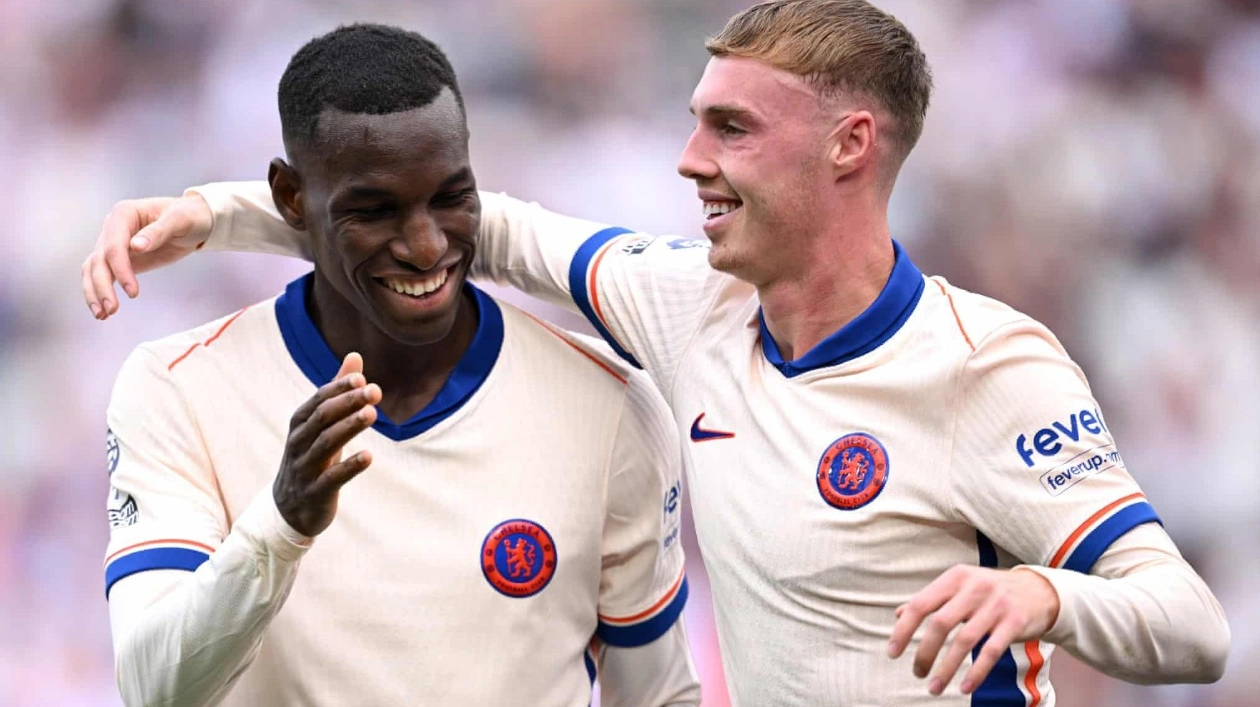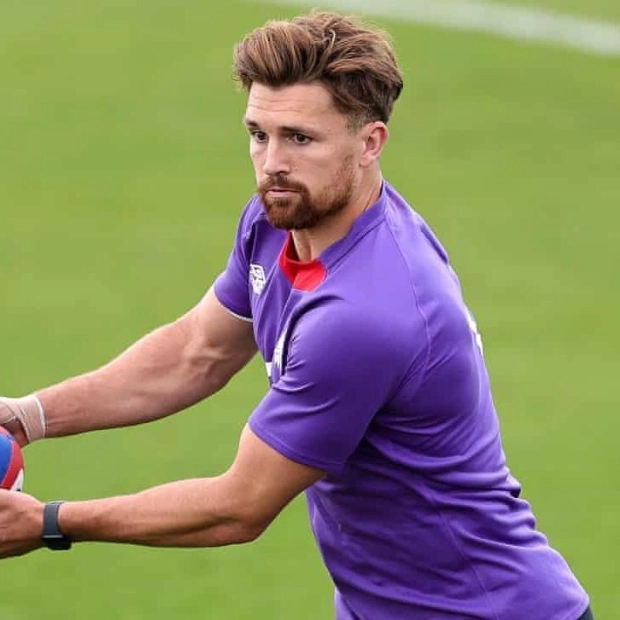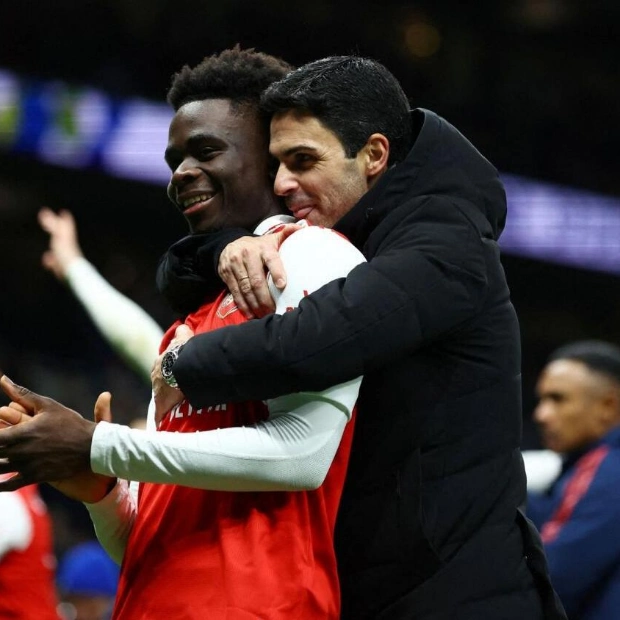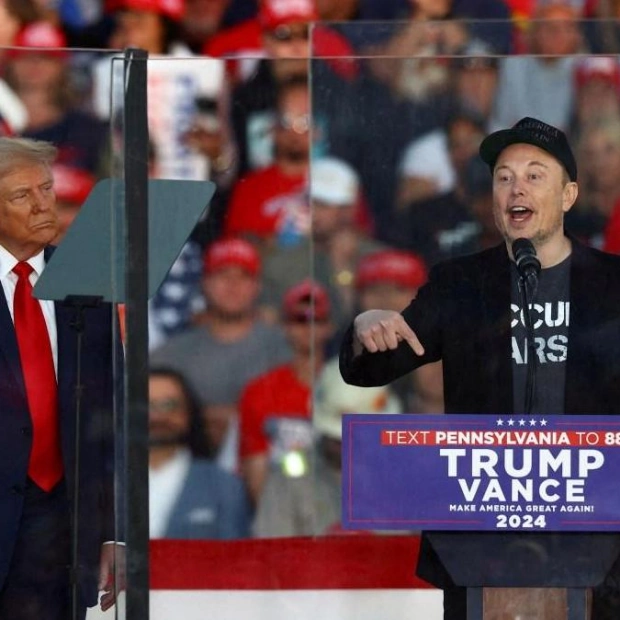Chelsea's recent resurgence, with 13 points from their last six games and 15 goals scored, has propelled them to fourth in the Premier League. The atmosphere has shifted dramatically. The so-called crisis seems to be a thing of the past. Perhaps the initial disruptors were correct all along. Or maybe, with the focus now on potential buyouts and leadership disputes, Enzo Maresca has been able to concentrate on building a team. Decisions that once appeared perplexing can now be viewed in a more positive light.
When Raheem Sterling issued a statement shortly after being omitted from Chelsea's opening game, it seemed to reflect the club's disarray. If he was surplus to requirements, why had he played a key role in pre-season? And why, given their policy of signing young players on long contracts with low base wages but high bonuses, was he reportedly earning £350,000 a week? However, as the dust settles, Maresca's approach becomes clearer. Those pre-season games might have been tests to see if Sterling could thrive in his system before deciding he could not. Maresca's decisiveness is commendable, even if it seems harsh on Sterling and doesn't explain his salary.
Maresca's initial point was that the squad he inherited was not unusual, with roughly two players per position. However, this overlooks the six players over 21 who are fit but haven't started a league game this season, the eight players who made 10 or more league appearances last season but have been loaned out, and young talents like Carney Chukwuemeka and Deivid Washington who haven't played yet. This essentially creates a shadow squad that Chelsea doesn't need. Perhaps this was always part of the plan, but it seems an incredibly callous way of operating, especially when it leads to situations like the sale of Conor Gallagher.
Any manager has the right to decide a player doesn't fit their style. What was unseemly was the desperation to sell an academy product for pure, unamortised profit, which meant Chelsea had to find a home for João Félix, a decent player they didn't really want to sign. It might be naive to think of players as people rather than commodities, but they are indeed people, often young and vulnerable.
Nicolas Jackson's case is a prime example. When he arrived in summer 2023 at just 22, he had only made 16 league starts for Villarreal. He was talented but lacked finesse. Ideally, he would have been integrated slowly, but instead, he was expected to become Chelsea's first-choice striker immediately, starting 31 league games last season. He scored 14 goals, a reasonable return, but developed a reputation for rawness. His pace and movement often put him in one-on-one situations, similar to Timo Werner, where he struggled.
This season, Jackson has already scored four goals from 18 shots. While he missed a couple of chances against Brighton, there's a sense he's starting to fulfill last season's promise. A promising link-up is developing between Palmer, Jackson, and Madueke. Early signs are also positive for Jadon Sancho, and Christopher Nkunku is a dangerous substitute. Chelsea have players who can exploit high defensive lines and technical forwards who can break down low blocks. They have a lot of players.
Amid the chaos, a pattern is emerging. There might have been a viable plan all along. But then there's Mykhailo Mudryk, another player promoted too soon, signed for £62m after just 12 starts in the Ukrainian league, lacking confidence and struggling to adapt. Jackson seems to have overcome his trials, and Palmer is an extraordinary talent. Spend enough money on enough players, appoint a coach with a vision, and a reasonable team might emerge. But there's a human cost, not just in the young players exposed too soon but also in the shadow squad. This feels like a crude lesson in capitalism: splurge enough cash, and you'll likely get away with it.






